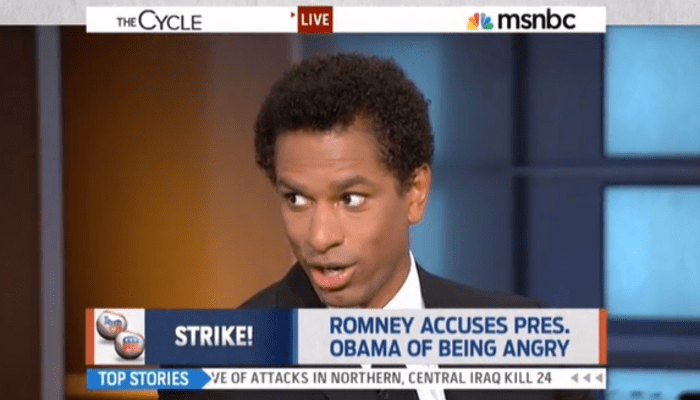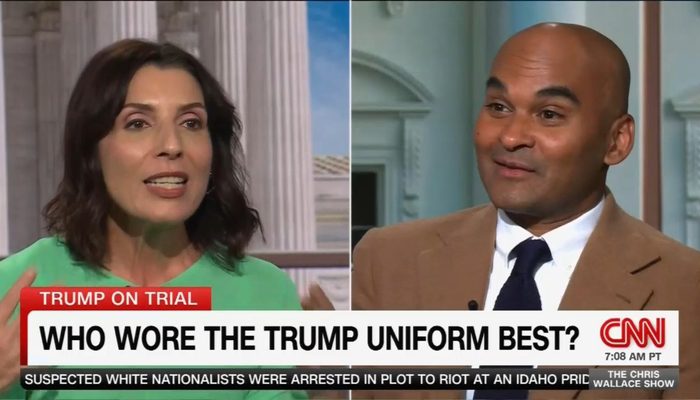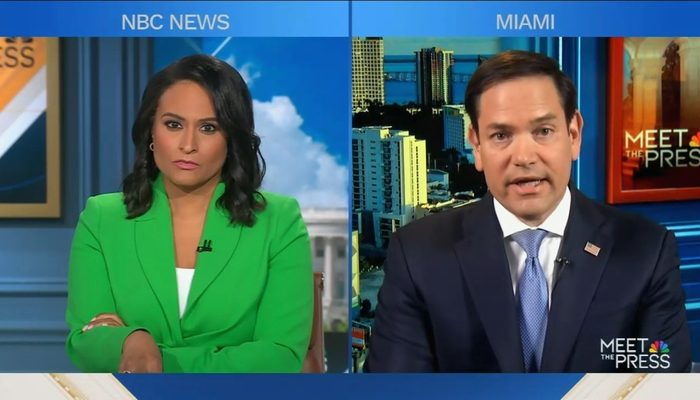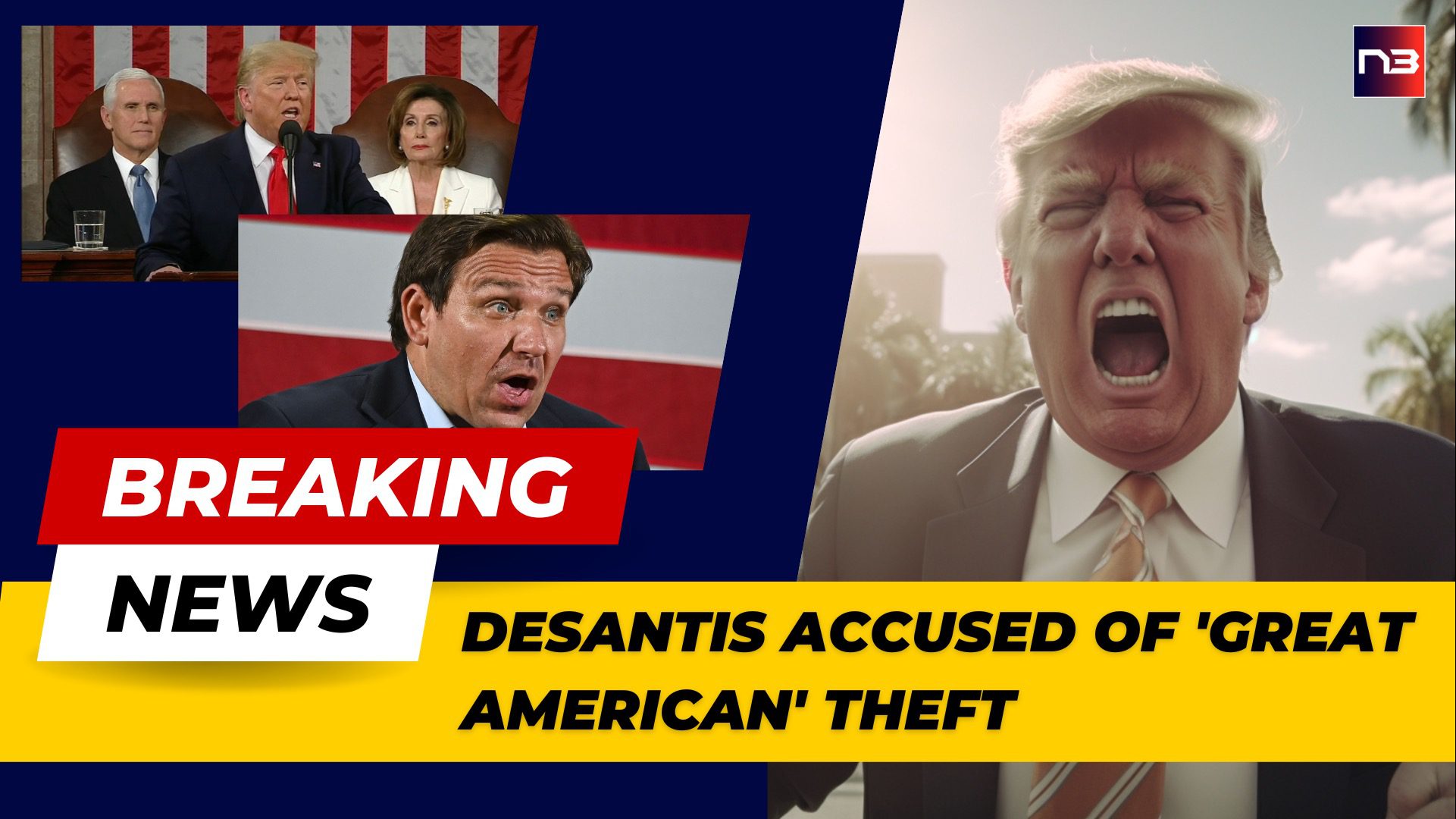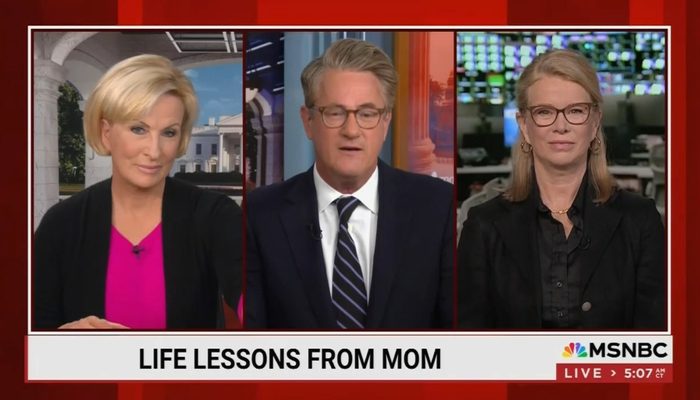The media are ablaze with headlines – the Trump indictment has been unsealed, the culmination of a political storm targeting a former president. But is this a genuine pursuit of justice or an orchestrated political witch hunt? Is this a defining moment in American history, or a warning of the power of unchecked political bias? As we delve deeper, remember: all is not as it seems when politics is at play.
The indictment centers around alleged mishandling of classified documents. But let’s consider this: previous presidents, including Obama, Biden, and former Vice President Pence, also retained classified documents. The key difference? They escaped prosecution because they surrendered the documents when discovered. So why is Trump, who similarly denied having any documents, suddenly in the crosshairs?
The unsealing of the indictment against former President Donald Trump represents an unprecedented development in the chronicles of American political history. A total of thirty-seven charges, including obstruction of justice and the willful retention of national defense information, make this situation grave. It’s crucial to understand that these charges, severe in nature, are not an everyday occurrence against any citizen, let alone a former president.
Throughout his career, Donald Trump has faced numerous legal challenges. But the current situation transcends anything previously seen. If the allegations stand the scrutiny of law, Trump could be facing an almost unthinkable sentence of 100 years in prison. While the extreme length of such a sentence may seem improbable, its mere mention underscores the seriousness of the allegations against Trump.
These charges bear significant weight, potentially harming not only Trump’s reputation but also his chances of ever regaining the White House. As this situation unfolds, we must keep in mind that these charges are not simply against a person but a former president, a position that is a symbol of national integrity. As such, we must evaluate this situation, not from a point of political bias but with a keen focus on the rule of law.
According to the charges, President Trump knowingly retained 11,000 documents, some of them top-secret, containing details of US agents abroad. They were stored in his resort of Mar-a-Largo in Florida, far from the authorized and secured government repositories.
In an alleged secret tape-recording of a meeting, Trump is heard claiming possession of a plan for an invasion of Iran, drawn up by General Mark Milley, the US military chief of staff. Trump supposedly mentions that he can’t show the plan to anyone due to its implications for national security. This recording, if proven authentic, would confirm Trump’s awareness of the sensitivity of the documents he retained.
For context, it is worth noting that other US politicians, including Presidents Obama and Biden, as well as former Vice-President Mike Pence, were discovered holding onto classified documents. However, they did not face prosecution as they willingly gave up these documents when they were found. A fundamental difference here lies in the fact that Trump, through his lawyers, initially denied having any such documents stored at Mar-a-Largo. The denial in itself raises significant questions.
Furthermore, Trump’s excuse that some files could not be returned because they were damaged in a flood bears a disturbing resemblance to an excuse previously used during an investigation by New York authorities regarding financial operations of a Hyatt Hotel. This pattern of behavior, if confirmed, could potentially damage his defense and raise suspicion about his actions.
As the stage is being set for the legal battle, Trump’s legal team faces the formidable special counsel, Jack Smith, renowned for his thoroughness. Smith’s meticulous approach is evident in his strategy of interviewing every chambermaid and cleaner at Mar-a-Lago under oath. These testimonies could prove pivotal in establishing a timeline of events and determining if any irregularities occurred at the resort.
Further complicating the situation, the lawyers of the former president lost their right to plead attorney-client privilege. They allegedly provided false information about the classified material to the Justice Department. Their testimony will now become part of the prosecution’s arsenal, raising the stakes even higher.
Another element that could impact the case is the fact that charges were filed in Miami, not Washington DC. This location essentially negates any potential jurisdictional disputes that could serve to delay the trial. The judge will also be on the lookout for any ‘ringers’ among the jury who lied about their motivations and allegiances in the hope of swaying the verdict in Trump’s favor.
Ultimately, the outcome of this trial has far-reaching implications beyond just the fate of Donald Trump. It questions the very essence of our legal system, the balance of power, and how those in power are held
accountable. Whether you support or decry Trump, one cannot deny that this is a defining moment in American history. As this case unfolds, it serves as a critical litmus test of the independence and integrity of our institutions and their ability to uphold justice, no matter who is in the dock.
The Trump indictment, unsealed and broadcasted to the world, is more than a legal proceeding. It’s a political battleground, revealing the lengths opponents will go to, to unseat a formidable adversary. As we navigate this historic moment, we must ask: is this the pursuit of justice or a determined witch hunt?


